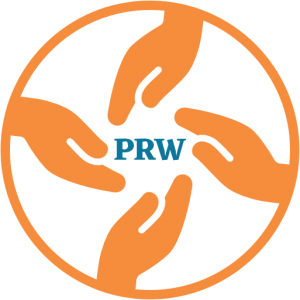Laura Morgan Roberts
Teaching Professor
Georgetown University
lauramorganroberts@gmail.com
Website
Twitter
Related Research Interests
The goal of my research is to discover how to generate extraordinary performance and well-being outcomes in organizations that contain a culturally diverse employee and/or client base. I posit that the key to generating extraordinary outcomes in diverse organizations lies in viewing diverse identity groups, and the individuals who belong to them, as capable and essential resources that create value for organizations. As such, I devote the majority of my research to documenting the process by which identities are socially-constructed such that differences are magnified, discounted, transcended or affirmed in the micro-context of social interaction in work organizations.
I emphasize the “social” aspects of the identity construction process. In this vein, my work is grounded in research on reflected appraisals, which suggests that individuals learn about themselves through the messages that others communicate to them about the meaning, significance and regard of their identity groups. I apply this to the organizational context by describing the mechanisms through which perceptions of competence, character, and fit shape how one experiences him or herself in the context of a work role. I document how positive reflected appraisals help individuals to discover their strengths, capacity, and ability to make a unique contribution to their organizations. I also identify how negative appraisals of an individual and/or the individual’s social identity group(s) can interfere with that individual’s desire to be viewed as technically and socially competent. In this research, I do not take the perspective that individuals are passive consumers or victims of negative messages about their identity and abilities. Rather, I consider individuals to be proactive agents in the co-creation of their identity. I seek to capture the process by which individuals proactively negotiate the meaning, significance and regard of their identities to cultivate a more positive sense of self as virtuous, worthy, progressing, and integrated/coherent.
Positive relationships are key resources that shape the context for identity construction, and that are also impacted by identity construction processes.
Related Publications
Books and Book Chapters
- Ely, R. & Roberts, L. Morgan (2008). Shifting frames in team-diversity research: From difference to relationships. In A.P. Brief (Ed.), Diversity at Work, pp. 175-201. Cambridge University Press.
- Roberts, L. Morgan & Dutton, J. (Eds.) (2009). Exploring Positive Identities and Organizations: Building a Theoretical and Research Foundation. Routledge Press, New York.
Journal Articles
- Dutton, J.E., Roberts, L. Morgan, & Bednar, J. (2010). Pathways for positive identity construction at work: Four types of positive identity and the building of social resources. Academy of Management Review.
- Roberts, L. Morgan, Settles, I.H., & Jellison, W.A. (2008). Predicting the strategic identity management of gender and race. Identity, 8: 269-306.
- Roberts, D., Roberts, L. Morgan, O’Neill, R., & Blake-Beard, S. (2008). The Invisible work of managing visibility for social change: Insights from the leadership of Rev. Dr. Martin Luther King, Jr. Business and Society, 47: 425-456.
- Roberts, L. Morgan (2006). From proving to becoming: How positive relationships create a context for self-discovery and self-actualization. In J. Dutton and B. Rose Ragins (Eds.), Exploring Positive Relationships at Work: Building a Theoretical and Research Foundation. Lawrence Erlbaum Associates.
